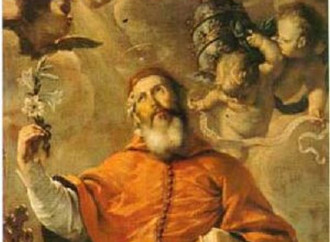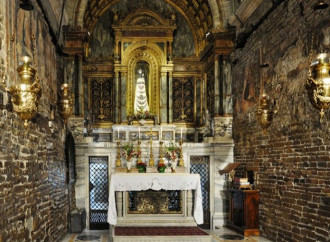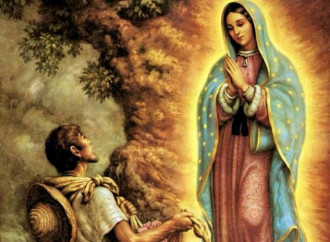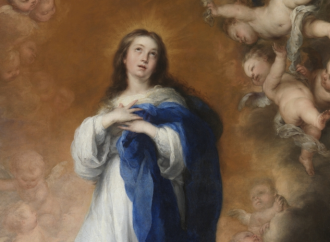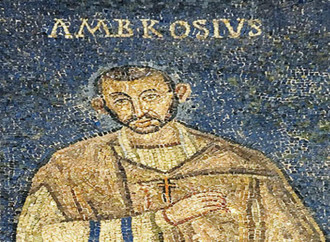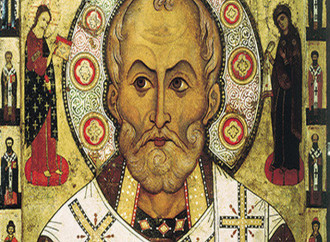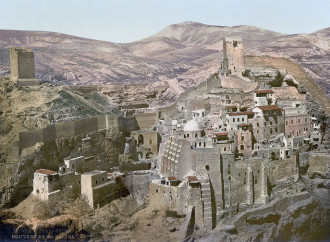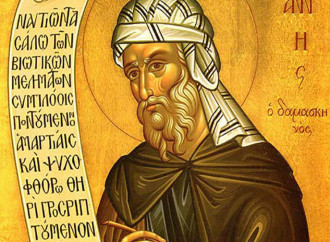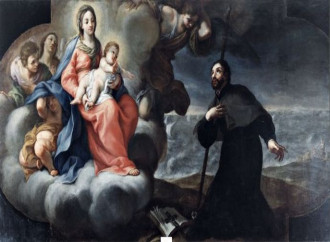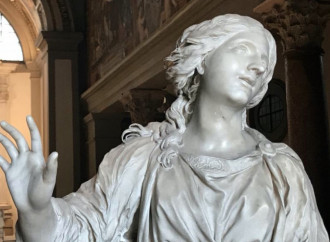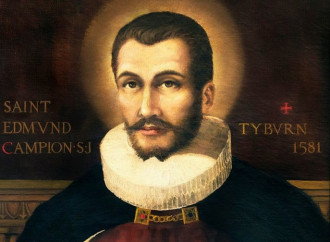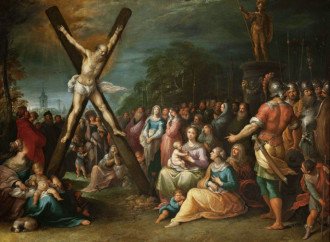Saint Damasus I
He led the Church during a phase in which the heresies on the Divine Trinity were raging. He fought vigorously against them
Blessed Virgin Mary of Loreto
Today the Church commemorates the relocation of the Holy House of Nazareth, which on December 10, 1294, was flown by angels in the Marche region, then part of the Papal States.
Saint Juan Diego Cuauhtlatoatzin
On the morning of Saturday December 9, 1531, the Blessed Virgin appeared to the peasant Juan Diego Cuauhtlatoatzin. Thus began the extraordinary story of Our Lady of Guadalupe
Immaculate Conception of the Blessed Virgin Mary
This truth of faith was solemnly affirmed on December 8 1854 by Pius IX with the apostolic constitution Ineffabilis Deus
Saint Ambrose
For his work to safeguard correct doctrine, he was proclaimed among the first four great doctors of the Church, together with Augustine, Jerome and Gregory the Great
Saint Nicholas of Bari
The title “of Bari” is due to the transfer to the Apulian capital of many of his relics, which took place in 1087.
Saint Sabbas the Archimandrite
Founder of a particular type of monastery, called “lavra,” he played a substantial role in the spread of Eastern monasticism.
Saint John Damascene
He has been called the “Saint Thomas of the East” and is considered the last of the Eastern Church Fathers. He wrote sublime pages about the Blessed Virgin and was able to refute the then widespread iconoclasm.
Saint Francis Xavier
He is considered the greatest missionary of modern times
Saint Bibiana
Her martyrdom was perpetrated during the historical interlude of the empire of Flavius Claudius Julianus (361-363), known as the Apostate
Saints Edmund Campion and Companions
Saint Edmund Campion (1540-1581), known as the Pope’s Champion, was born in London during the vicious years of the Anglican Schism.
Saint Andrew
He was the first apostle to lead Peter to the Lord. Andrew preached the Gospel in Asia Minor and Scythia. He suffered martyrdom in Greece, in Patras, where he was crucified on an X-shaped cross.
